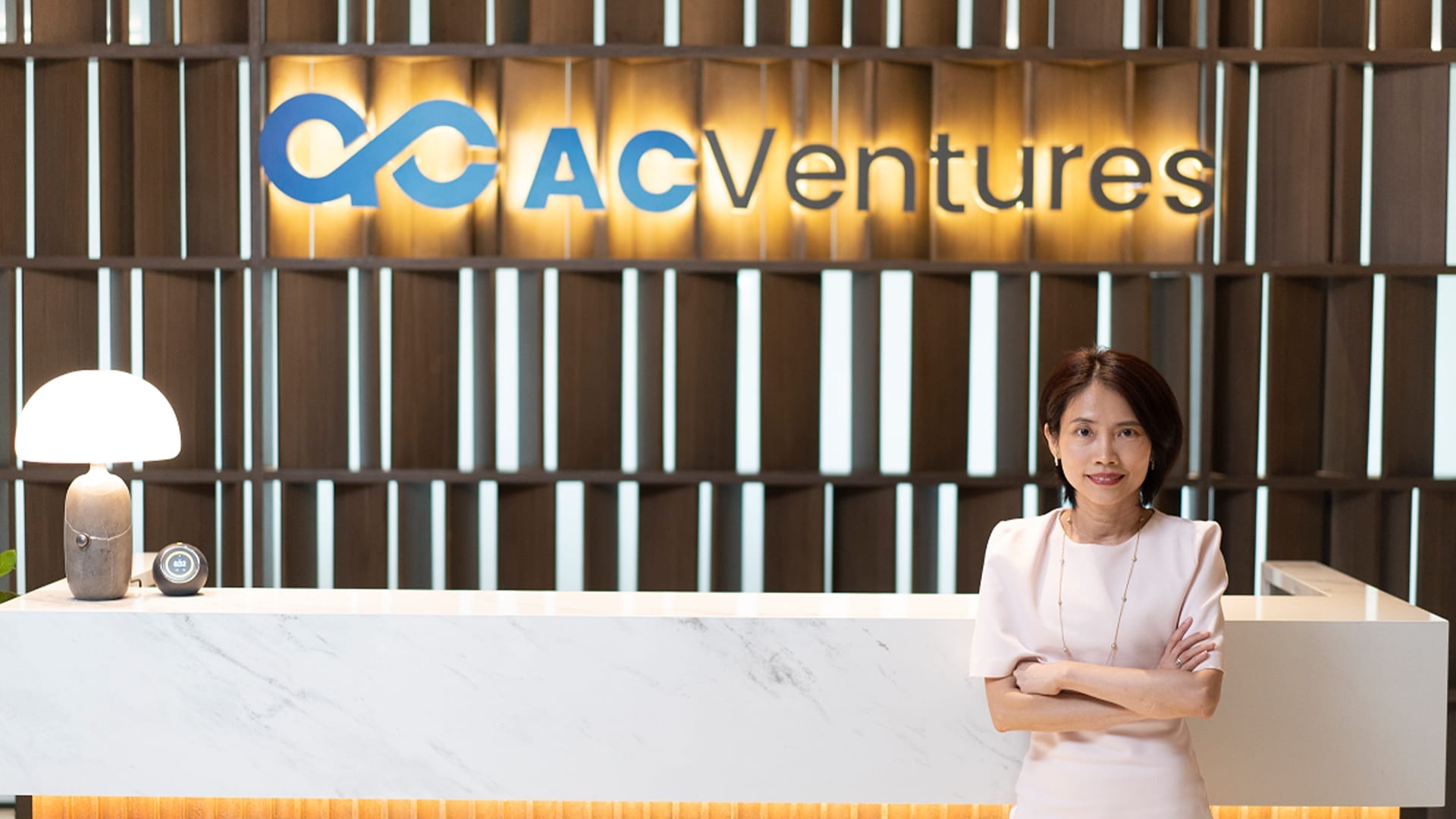AC Ventures champions solar energy investment in Southeast Asia
AC Ventures supports the growth of solar energy in Southeast Asia, focusing on investments and policy changes to enhance renewable usage and achieve net-zero emissions by 2050.

In Southeast Asia, the energy sector is predominantly powered by fossil fuels, which make up about 83% of the region’s energy mix, greatly overshadowing the modest 14.2% from renewable sources. Despite these figures, solar energy, with its vast potential, remains significantly underused across the region. For instance, while Vietnam has achieved an impressive 20.5% of its power from solar, Indonesia is lagging behind, utilising less than 1%.
Table Of Content
The potential and challenges of solar energy in Indonesia
Indonesia, the most populous country in Southeast Asia, accounts for 40% of the region’s power consumption. Here, the technical potential for solar energy is a staggering 17 terawatts—over 20 times the capacity needed to meet the 2050 net-zero emissions target. However, the current renewable energy capacity stands at just 99 gigawatts. Helen Wong, Managing Partner at AC Ventures, focuses on the renewable prospects in Indonesia, highlighting the need for significant investment and regulatory adjustments to enhance the utilisation of solar energy.
Investment and regulatory environments
The Just Energy Transition Partnership (JETP) for Indonesia, initiated at the G20 Leaders’ Summit in Bali in November 2022, seeks to mobilise an initial US$20 billion in financing to decarbonise the nation’s energy sector. This includes plans for the early retirement of coal plants, which presently make up 60% of Indonesia’s energy mix, and a significant increase in renewable investments, particularly aiming for an annual generation of 36 gigawatts from solar photovoltaics—a sevenfold increase from previous investments.
Despite these ambitious initiatives, challenges remain, particularly in terms of the regulatory landscape. Substantial subsidies are still directed towards fossil fuels, notably coal, making it difficult for solar to compete. PLN, which manages the grid and is the sole purchaser of solar energy, has shown reluctance to increase its solar energy purchases, reflecting broader hesitations within the regulatory framework.
Future prospects and technological advances
Looking forward, Helen Wong is optimistic about the expansion of solar energy, especially in the commercial and industrial sectors where companies can build or lease on-site renewable power plants for self-consumption. The residential sector, though promising, faces scalability challenges. Wong highlights technological advancements such as solar yield optimisation technology and the use of IoT in auditing renewable energy projects as crucial in enhancing project viability and attracting investment.
As Southeast Asia progresses towards a greener future, Helen Wong and AC Ventures are committed to supporting the leaders in the solar industry, aiming to assist in the region’s imminent energy transition. With improved grid connectivity and more sophisticated financing structures, the potential for broad solar implementation in Indonesia is increasingly feasible.













